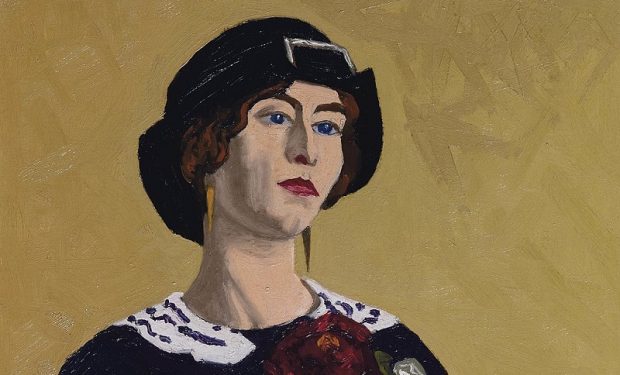When I first began work on the story that became The Last Collection: A Novel of Elsa Schiaparelli and Coco Chanel, I had some difficulty finding my footing. Historical fiction, for me, shows us yesterday, but is rooted in today. As William Faulkner once said, “The past isn’t dead. It isn’t even past.” So when I realized that the fashion rivalries of the twenties and thirties were as much about politics as clothing, I knew I’d found my way.

Outside my window, the resistance was marching in Pink Pussy hats, protesting misogyny and racism and the politics of greed. The parallels to 1920’s Paris, with that fatal march to fascism and the Nazis and another war, astounded me. Yes, this is a novel about designers and haute couture and the rivalry between the designers, Coco Chanel and Elsa Schiaparelli. But it’s also about people stumbling through a political situation aggravated by polarization and fear. It’s about what is lost when hatred and anger and scaremongering overcome our duty to be reasonable and even kind.
— Jeanne Mackin, author
